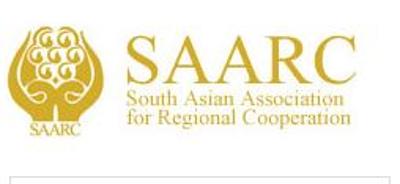1. Big-brother attitude
Many Nepali citizens feel that India holds a “big-brother” attitude towards Nepal and interferes in its internal affairs. Time and again, India is accused of utilising diplomatic power for its vested-interests. A case in point is the recent “undeclared blockade” by India.
2. “Unfair” treaties
There exists a long list of treaties which are considered unfair by the Nepali side. This list includes 1950 Indo-Nepal Treaty of Peace and Friendship, Koshi and Mahakali water treaties, among others. Nepali people feel that they are not provided with their fair share of water and also they are angry about how Nepal’s political leadership easily bows down to India’s terms.
3. No respect for sovereignty
People think that Nepal finds it necessary to consult India on every important matter including its internal issues. Nepali people are angry about India’s unwarranted objection over its new constitution which was endorsed by more than 90 percent of people’s representatives elected to the Constituent Assembly—the body mandated to draft the constitution.
4. Mistreatment at border entry points
Nepali migrant workers who work in India complain that officers of Indian border security force, Seema Suraksha Bal, mistreat them at border entry points. Indian Prime Minister Narendra Modi, during his Nepal visit last year, had promised to improve that situation but the problem still persists.
5. Encroachment of border areas
Complaints of encroachment of Nepali territory often create tension between these two countries. For instance, the Nepali side accuses India of encroaching key strategic areas like Kalapani and Lipulekh (also bordering China) which lie within the Nepali territory.
6. “Insensitive” Indian media
Indian media, especially TV news channels, are considered weapons to spread sensationalism and ultra-nationalism in Nepal. Many people feel that Indian media is insensitive towards its smaller neighbouring countries and does not respect their concerns, and disregards important facts. When Indian media was covering Nepal in the aftermath of the April 25 earthquake, the hashtag #GoHomeIndianMedia trended on microblogging site Twitter. A lot of criticism came from within India.
7. Relationship
Nepali people like many Indian things such as holy places, Bollywood movies and food that have become part of the daily life of Nepali people. But Nepali people do not take any criticism hinted towards the country lightly. In the year 2000, Indian actor Hrithik Roshan’s alleged anti-Nepal statement provoked riot in some places of Nepal. However, Hrithik Roshan denied making such statement.
8. Influence of China on Nepal
People feel that India keeps unnecessary concerns about “China’s increasing proximity” with Nepal. A majority of Nepalis think that no other nation can be as close with Nepal as India is because of many similarities between the two countries. People are unhappy about India’s inability to understand the difficult situation faced by Nepal even when it tries to maintain balance between the two big countries which surround it.
Read More






















